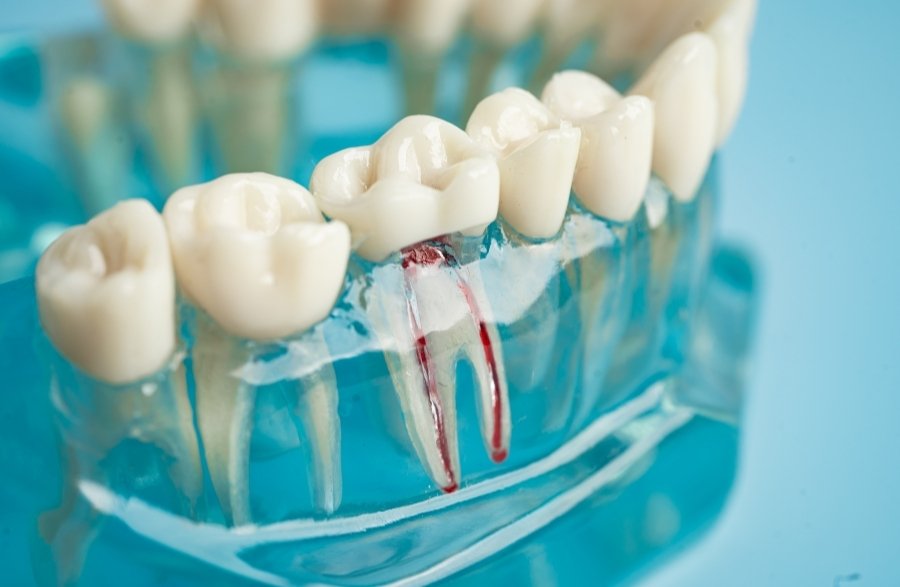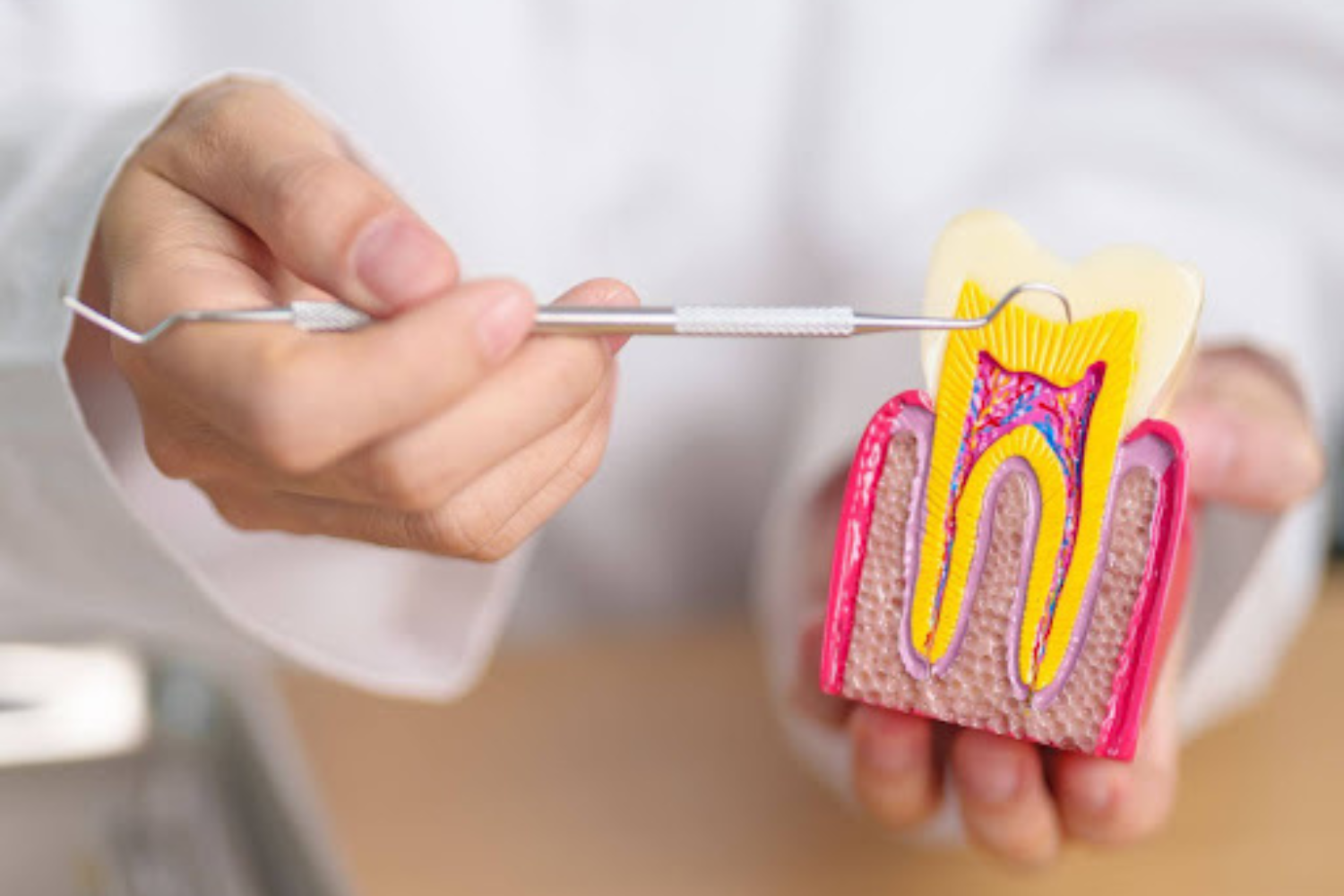
Not all dental pain means that tooth loss is around the corner. A tooth can lose its vitality and still be saved—if the right treatment happens at the right time. You might be wondering what a “dead tooth” actually means. It’s not as dramatic as it sounds, but it needs attention. Left untreated can lead to infection, discoloration, or even tooth loss.
In simple terms, a dead tooth no longer receives blood flow. It may change color, feel painful to bite, or show no symptoms at all. That’s why regular checkups with a general dentist are essential, even if everything seems fine. Let’s break it down in a way that’s easy to follow—and even easier to act on.
What Causes a Tooth to Die?
Several things can cause a tooth to lose its blood supply. Most of the time, it’s due to damage inside the tooth.
Common causes include:
- Untreated tooth decay reaching the pulp
- Trauma or injury from sports, falls, or accidents
- Deep cracks or repeated dental procedures
Once the pulp—the soft tissue inside the tooth—is damaged, it begins to break down. Bacteria can then spread, leading to infection and nerve death. That’s when the tooth is considered “dead.”
Signs You Might Have a Dead Tooth
Some people don’t feel anything. Others notice changes quickly. Pay close attention to:
- Dark yellow, gray, or brown discoloration
- Sensitivity to heat, cold, or pressure
- Swelling near the gumline
- Bad taste in the mouth
- Pain that feels dull or throbbing
A dental X-ray often confirms the condition. Don’t wait for symptoms to worsen—early evaluation increases the chances of saving the tooth.
Can a Dead Tooth Be Saved?
Yes, a dead tooth can often be treated and preserved. If the outer structure is still strong, your dentist may recommend root canal treatment. This common procedure removes the infected pulp, cleans the inside, and seals the tooth to prevent further damage.
The goal is to keep the tooth in place and restore function. In some cases, a crown may be added for protection. If the tooth is severely decayed or fractured beyond repair, removal may be the only option. But saving the natural tooth is always the first choice when possible.
What Happens If You Ignore a Dead Tooth?
Avoiding treatment can lead to serious oral health problems, including:
- Infection spreading to nearby teeth or bone
- Formation of painful abscesses
- Tooth loss
- Jawbone damage over time
Even if the pain disappears, the problem hasn’t gone away—it just means the nerve is no longer alive. That’s why prompt oral care is critical.
Talk to a Dentist Before It Gets Worse
Dead teeth don’t always mean extraction. Many are treated and preserved through routine dental procedures available right here in Riverside. Whether you’re seeing early signs or just curious, a licensed dentist can offer the best advice for your situation.


